- Category
- Anti-Fake
Why Cringe Propaganda Painting the USA as the Main Enemy Is On the Rise in Russia
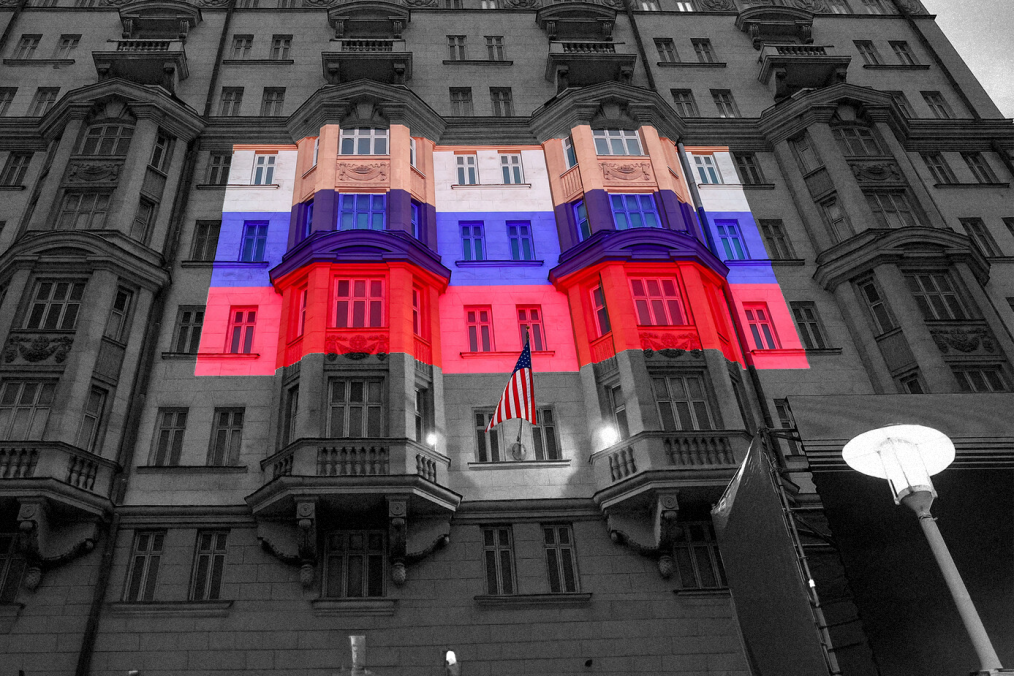
Douchebiden, Americ*nts, and the mysterious “Russian soul.” Russia’s propaganda has exploded in the past decade, fueled by a crackdown on media freedom. Even with its low-budget, laughable production, calls for nuclear strikes “On Washington!” are growing louder from Moscow to Murmansk.
With its full-scale invasion of Ukraine in 2022, Russia’s anti-American propaganda has surged, becoming central to media, culture, and government.
Russia has announced the release of a new series about US President Joe Biden. The series is filled with media manipulation, chauvinism, ageism, and other traits typical of modern Russian propaganda.
TV series about Joe Biden
In this series from the Russian state TV channel TNT, President Biden makes a secret trip to Russia to decode the so-called “Russian soul”—a concept Russians use to rationalize their behavior and question why American sanctions seem ineffective. After losing his fake documents, he ends up staying with a “true patriot” in a cramped apartment and must pretend to be an English teacher to raise money for his return.
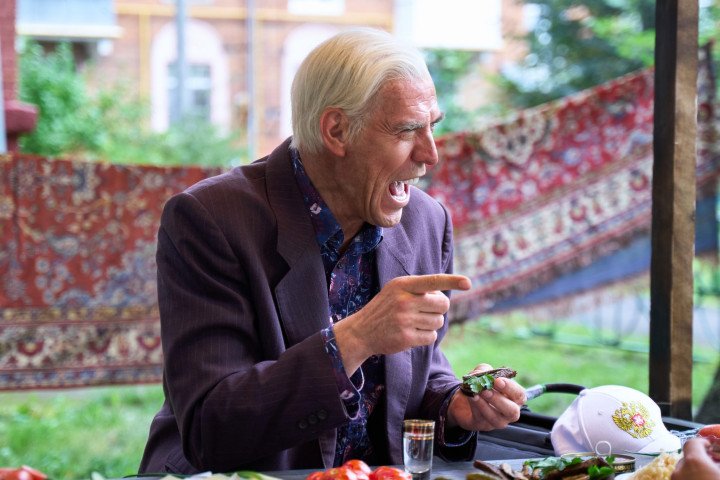
Biden is portrayed as an inept, elderly man who is guided on how to survive in Russia by the previously mentioned patriot, a physical education teacher. To grasp how Russians view Americans, consider one of the many episodes from the series:
Setting: Streets of Moscow. Inside a taxi.
The taxi drives through scenic parts of Moscow, and Biden gazes out the window.
Taxi Driver: “Where are you from?”
PE Teacher: “I'm from Turkey-land, and this one is an Americ*nt. Back home… Seems like there’s nothing to stuff their bellies with.”
Taxi Driver: “I wish Biden well from the bottom of my heart, honestly.”
Biden (automatically): “Thank you.”
Taxi Driver: “The longer this old fart is in power, the quicker America is doomed.”
The PE Teacher and Taxi Driver laugh.
PE Teacher: “That's right. But apparently, Douchebiden shouldn’t be in the Oval Office… but in a rectangular one… lying down.” (Laughs hysterically) “Get the joke, Grandpa?”
Biden: “Actually, things aren’t that bad in America.”
PE Teacher: “Grandpa, do you know anything about economics? Have you seen the U.S. national debt? This bubble will burst in a year or two.”
Taxi Driver (confidently): “Fact.”
As they drive past “Moscow-City,” Biden looks at the skyscrapers from the car window.
Biden: “Wow.”
PE Teacher: “You like it?”
Biden: “I didn’t know Russia was so beautiful!”
PE Teacher: “Moscow isn’t the real Russia. If you want to see the real Russia, come with me to Lobnya.”
Biden: “Can I?”
PE Teacher: “Of course. For the right price, anything goes.”
The camera pulls back, showing the taxi speeding away.
Navigator's Voice: “Route recalculated.”
Cultural products as propaganda tools
This is not the first instance of Russian cultural propaganda depicting US-Russian relations through a Kremlin-centric lens. Such works, which began to portray America as the source of all Russia’s problems, have been a fixture since Russia’s attempted annexation of Crimea in 2014.
For example, in 2014, a movie titled “Russian Character” was released. Though it lacked strong cinematic quality, its re-uploaded version on YouTube has garnered over a million views and positive reviews.
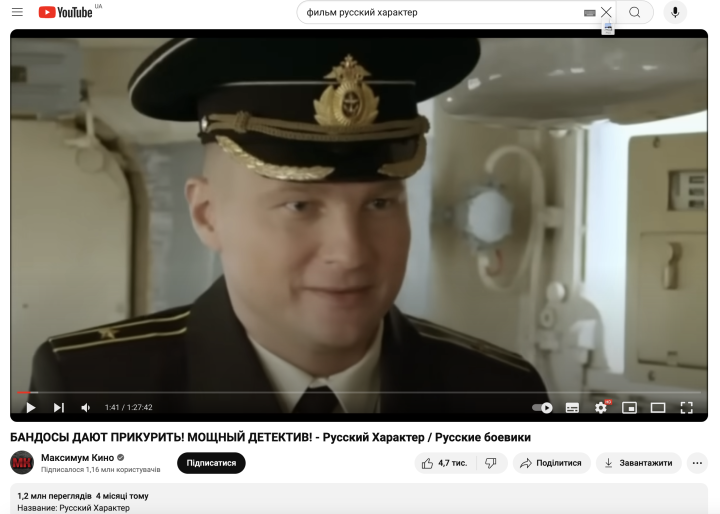
The film’s simplistic plot features a Russian sailor named Maxim who arrives in Ukrainian Crimea and discovers that his childhood town is terrorized by a gang led by a Ukrainian named Vashchuk, funded by a fictional Ukrainian oligarch. Here, US intelligence agents are pulling the strings behind Ukrainian efforts to “destabilize the region.”
Naturally, the protagonist heroically overcomes the Ukrainians and Americans, saving Crimea from US-backed destabilization and rescuing the local population from Ukrainian bandits who, again, are backed by US citizens. The film even won a local festival award in 2016.
While the earlier productions featured lesser-known actors, by 2024, such narratives have become mainstream. The role of Biden in the latest series is played by Dmitriy Dyuzhev, a prominent actor known from the cult Russian series about bandits, "Brigada."
Shaman, Nazis, and national pride
Despite the poor quality of these propaganda projects, they resonate widely with the Russian population. Shaman, one of Russia’s leading contemporary artists, produces patriotic music including the song “I Am Russian,” and his overtly Nazi-themed imagery does not deter his many fans.
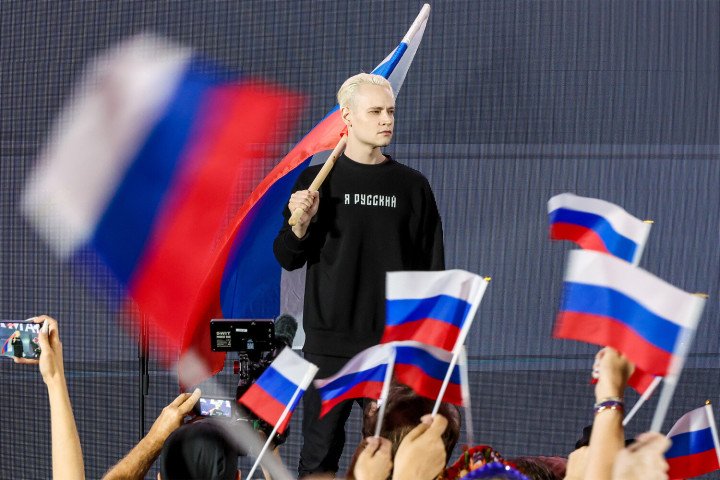
Support for Putin has permeated various segments of Russian society, including marginalized street cultures that became part of Russia’s information war. At a recent concert by the far-right group Russian Banner, a song popular in neo-Nazi circles had its lyrics changed from “My grandpa was a Sturmführer SS” to “My grandpa was a commander of Storm Z”—a brutal assault unit of Russian prisoners.
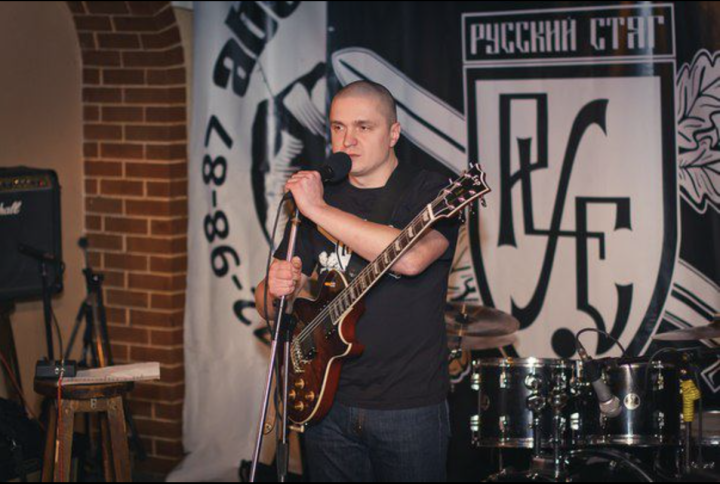
Focus on youth
In recent years, growing up in Russia means facing near-daily propaganda from a young age. Russian Deputy Prime Minister Tatyana Golikova reported, “Since 2021, under the directive of the head of state, a federal project ‘Patriotic Education’ has been implemented. Its main goal is to reach at least 72% of children and youth aged 5 to 19 by the end of 2024, including through our all-Russian civic-state youth movement ‘Movement of the First.’”
According to Golikova, the education system covers nearly 80 million Russians. Students in every classroom are exposed to propaganda that portrays the Western world as an enemy and Russia as a bastion of traditional values.
From an early age, children are introduced to militarized, anti-Western culture. Recently, a school assembly featured a 1-Z class, where the letter Z symbolizes support for Russia’s full-scale invasion of Ukraine.
Spread of hatred
Over the past decade, propaganda has appeared in various forms—cinema, music, activism, bloggers, civic organizations, and more. While earlier projects like “Putin’s Squads”—a group of elderly individuals condemning Western behavior on YouTube—were once seen as comical (though they do not present themselves as an entertainment project), today’s Kremlin propaganda initiatives are increasingly sophisticated and serious and are no longer viewed as jokes.
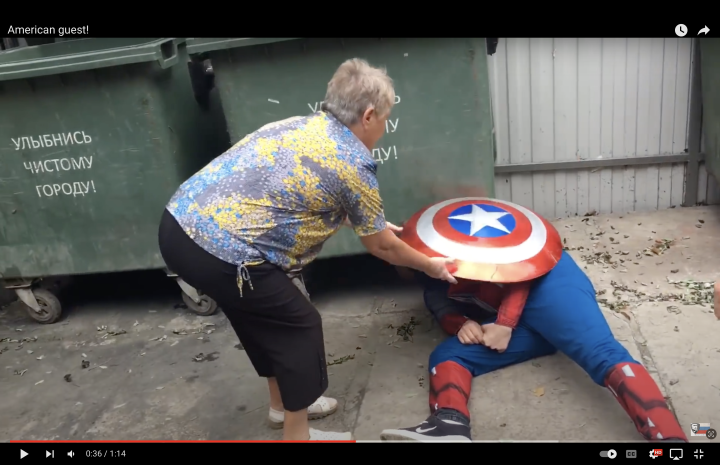
For instance, members of one of the largest far-right organizations, "Russian Community," recently carried out an action featuring slogans against illegal migrants. Under police supervision, they demolished fruit stalls run by foreigners. The self-proclaimed "vigilantes" detained nine vendors and allowed the goods to be distributed to passersby.
Many were eager to take the goods. “They said the seller ran away and didn’t want to join the army or register for military service,” said one local resident involved in the action. “So he is here illegally.”
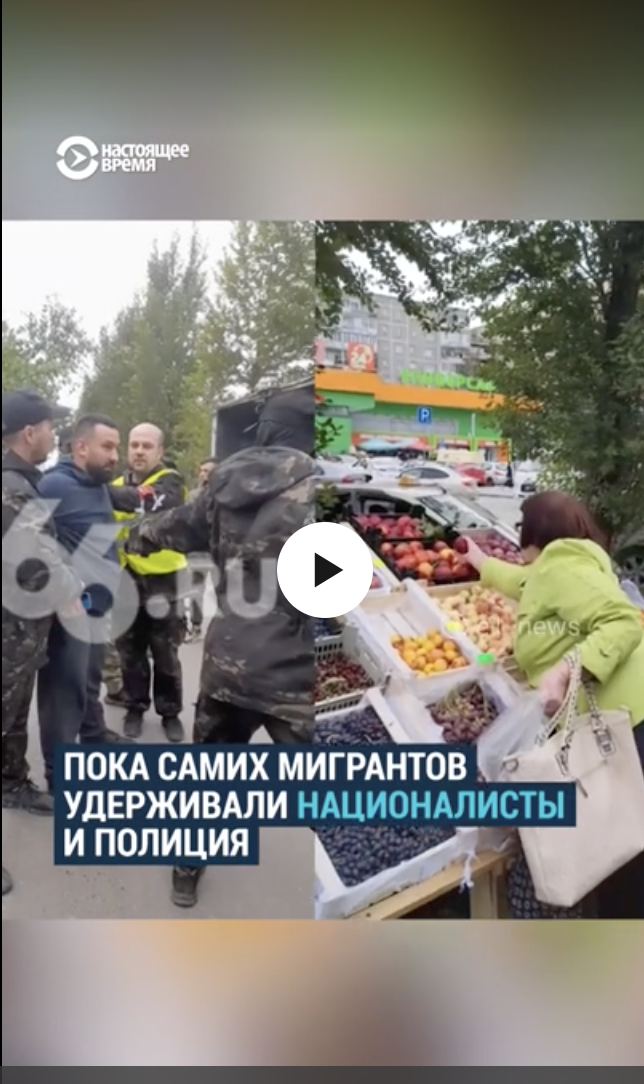
While violence against foreigners has been prevalent in Russia before, this is the first time it is happening systematically in cooperation with law enforcement.
Such raids have increased, especially after the Crocus Hall attack, as they added another reason—fighting terrorism. Although ISIS claimed responsibility for the attack, Russia still blamed Ukraine.
Despite the weak and illogical nature of the propaganda, its support among the Russian population is growing, as evidenced by increasing actions such as the National Liberation Movement (NLM) marches, which regularly call for nuclear missiles to be aimed at Washington.
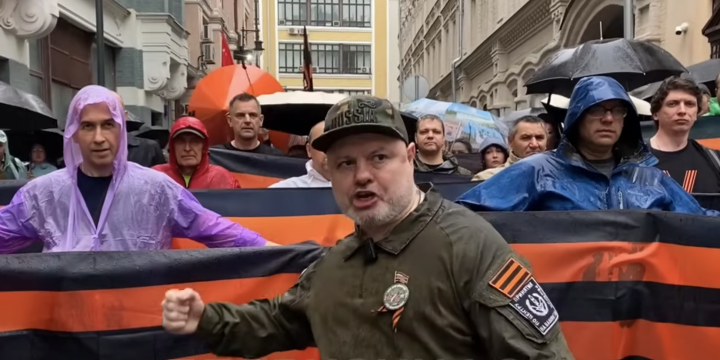
-206008aed5f329e86c52788e3e423f23.jpg)
-3db1bc74567c5c9e68bb9e41adba3ca6.png)



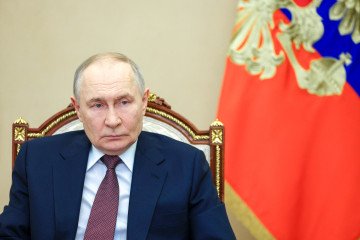
-f88628fa403b11af0b72ec7b062ce954.jpeg)